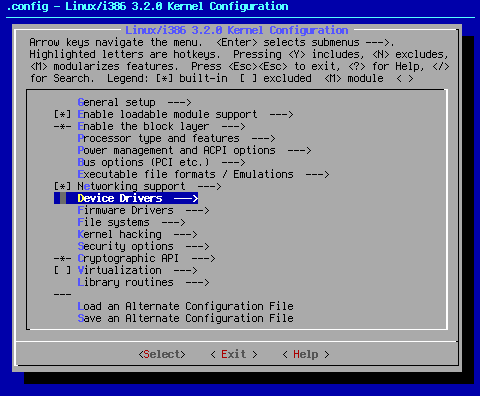Ali Usb2.0 Ehci Root Hub Driver


This is a short writeup explaining what USB 2.0 changed and what's going on with it in Linux. It starts by talking about (including ) followed. Finally it summarizes the of Linux USB 2.0 driver support in recent 2.4 and 2.6 kernels. If you want assistance getting this working on your hardware, try the linux-usb-users (or linux-usb-devel) mailing lists.
If you're a 2.4 user, use 2.4.22 or newer kernels. Newer kernels (including 2.6.x ones) have updates which seem to resolve the worst problems reported. The driver version string should be no older than June 2003. (VT6202 problems may still remain, especially on 2.4 kernels.) Some older Linux distributions ship 2.4.18 kernels with EHCI code based on much older code, similar to what was in 2.5.2; the newer code supports more hardware, fixes bugs, is smaller, and has other goodness.
If you're building a distribution, avoid using such old code; in particular, 2. Windows 2008 R2 Keygen 2017 - Software 2017 here. 4 versions of the EHCI driver are no longer being kept current. You should probably know that 'USB' is an abbreviation of the Universal Serial Bus, which is widely used for peripherals in modern desktop systems. (It's not 'universal' in the sense that you'd want it instead of HyperTransport!) PCs typically support one or more USB controllers (one per 'USB bus') each of which can support up to 127 different USB peripherals.
With chips from ALI, Intel, NVidia, SiS. Dev 1, Class=root_hub, Driver=ehci-hcd/5p. ALI USB 2.0 Root Hub Free Driver Download. Cccam Install Dm500hd Manual on this page. World's most popular driver download site.
'Legacy free' PCs omit non-USB peripheral support (like RS-232 serial lines, and PS/2 ports). Partially excepting the new USB 2.0 'OTG' support, USB is asymmetric.
For example, its cabling is always asymmetric (even with OTG), so you can't hook things up incorrectly. USB supports 'hotplugging' for all its peripherals, which means that you don't have to configure them by hand and that peripherals may rely on power delivered through USB.
Both those features help reduce end-user setup and configuration problems, which was a major goal for USB technology. Today, most USB peripherals and hosts support USB version 1.1, which supported two device speeds: low speed at 1.5 Mbit/sec, and full speed at 12 Mbit/sec. USB 2.0 is appearing in current product designs, and one of its main features is adding a new speed: high speed, at 480 Mbit/sec.